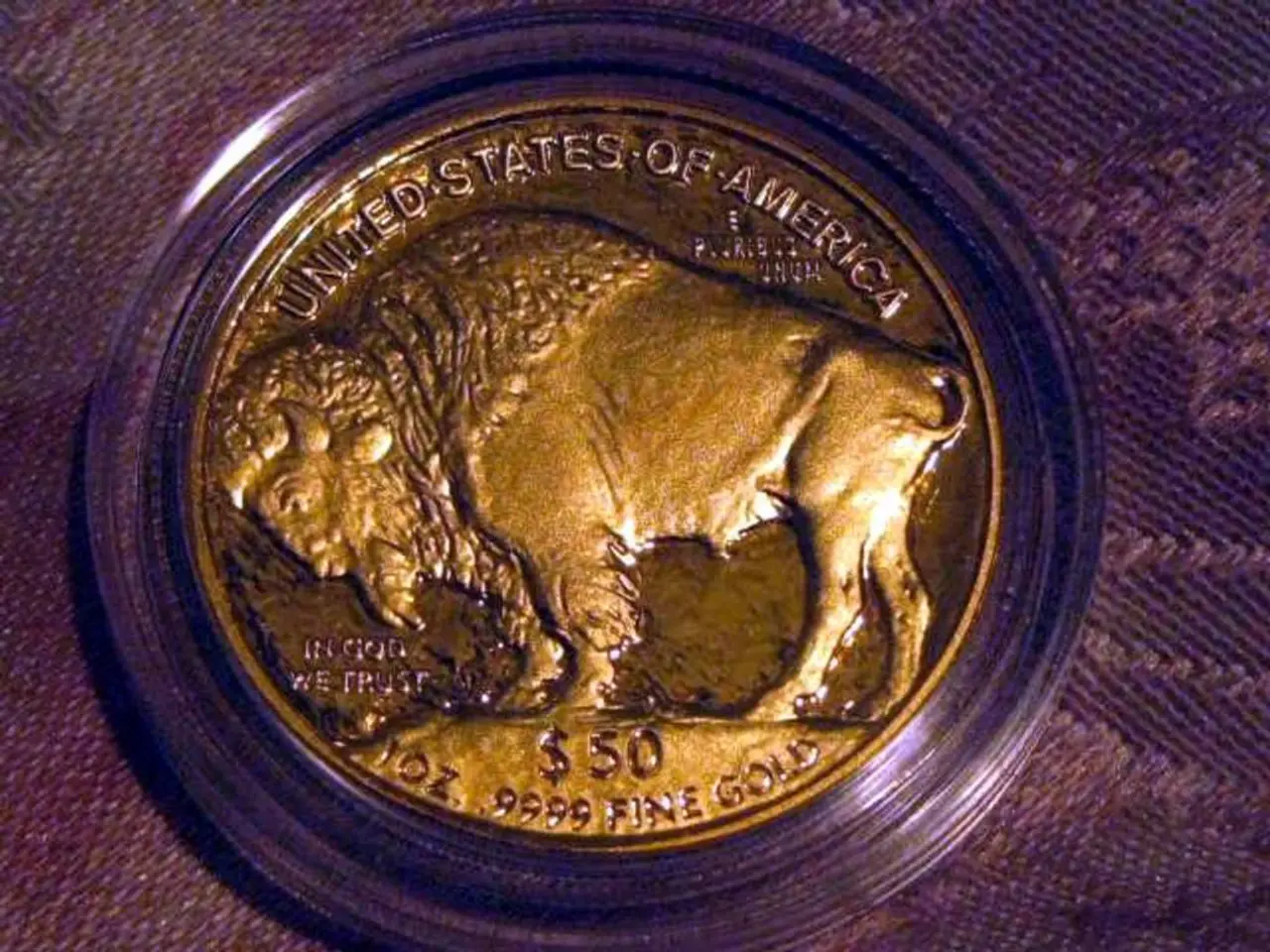Deterioration of the Protective Barrier
The relationship between central banks and political leaders has been under scrutiny recently, with the U.S. Federal Reserve (Fed) facing intense pressure from President Donald Trump to lower interest rates. This conflict highlights the delicate balance between political leadership and central bank autonomy, a balance that is crucial for both domestic economic health and the international monetary system.
In Canada, the Bank of Canada maintained its target rate at 2.75% despite a 1.5% decline in real GDP, a 6.9% unemployment rate, and the economy absorbing the shock of new American tariffs. This decision demonstrates the Bank of Canada's commitment to making decisions based on economic conditions rather than political influence.
In the United States, the Fed's role is to promote full employment, price stability, and moderate long-term interest rates. However, U.S. President Donald Trump exerted significant pressure on Federal Reserve Chair Jerome Powell to cut interest rates during Trump’s second term. Trump repeatedly called for lower rates—at times demanding a reduction to as low as 1%—while Powell and the Fed resisted, citing concerns over inflation partly driven by Trump’s tariffs and the broader economic outlook.
Historically, this conflict highlights a rare and intense challenge to the Fed’s independence. Trump, who appointed Powell in 2018, publicly denounced Powell’s decisions as “too late” and accused him of costing the country trillions, even suggesting firing Powell, which raised alarms about politicizing the central bank. The controversy included Trump visiting the Fed building to criticize expensive renovations, possibly as a pretext for Powell’s removal, though legal experts found the rationale questionable. Some Federal Reserve governors dissented in favor of rate cuts in line with Trump’s wishes, signaling internal division.
The implications of this pressure and the threat to Fed independence are broad and significant. The Federal Reserve’s credibility as a non-political institution underpins confidence in U.S. monetary policy and global financial stability. Market participants depend on the Fed to make decisions based on economic conditions rather than political influence. Removing or coercing the Fed chair could lead to market turmoil, including asset price declines, rising Treasury yields, and weakened confidence in the U.S. dollar as the global reserve currency.
Central banks are not infallible and can make mistakes, act too late, or too timidly. For example, the European Central Bank prematurely raised its rates in 2011, precipitating a recession in the midst of the sovereign debt crisis. However, the independence of central banks is crucial to preserving an institution's ability to resist political polarization, media impatience, or personal ambitions.
The ability of central banks to sometimes displease helps avoid the worst, such as populist inflation or electoral complacency. In this regard, the Fed's resolve is being tested, and the fall could serve as a test for its resolve.
Elsewhere, the news of Isabelle Vaillancourt, a magazine editor, passing away has been reported. In a separate incident, Safia Nolin has canceled her participation in Fierté Montréal due to the presence of a "Zionist" group. These events serve as a reminder that the world continues to evolve, and various issues, both economic and social, continue to shape our lives.
- France, with its central bank, the Banque de France, has historically maintained a strong commitment to economic conditions and central bank autonomy, similarly to the Bank of Canada and the Fed, avoiding political influence, but recent developments in French politics could potentially pose a challenge to this independence.
- In the realm of business and general-news, the French finance minister, while focusing on the country's economic health, may find himself dealing with political pressure akin to that faced by Jerome Powell, the Fed Chair, leading to questions about the balance between political leadership and central bank autonomy, a balance that is crucial for both domestic and international economic stability.





